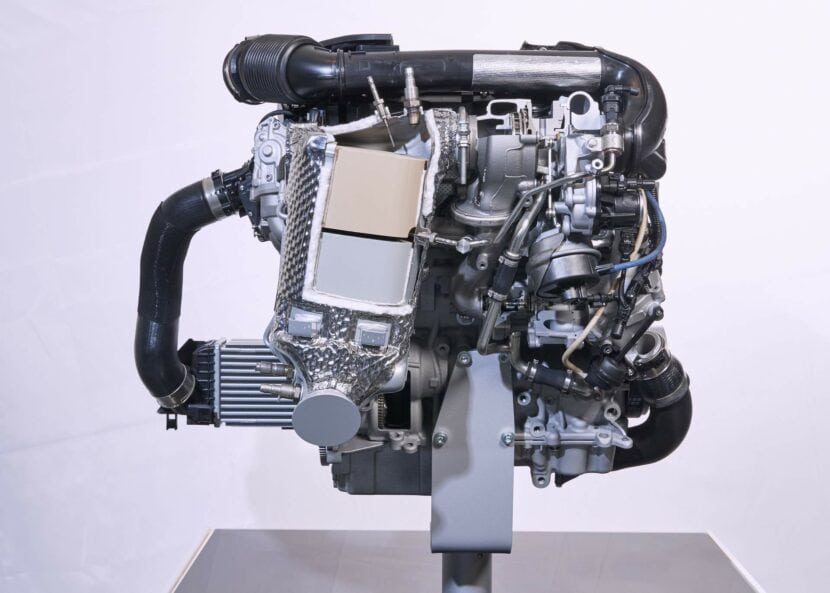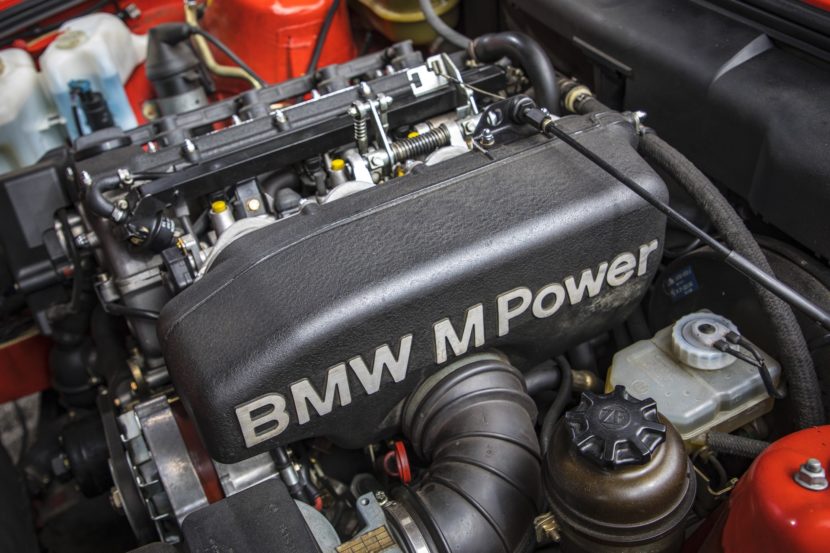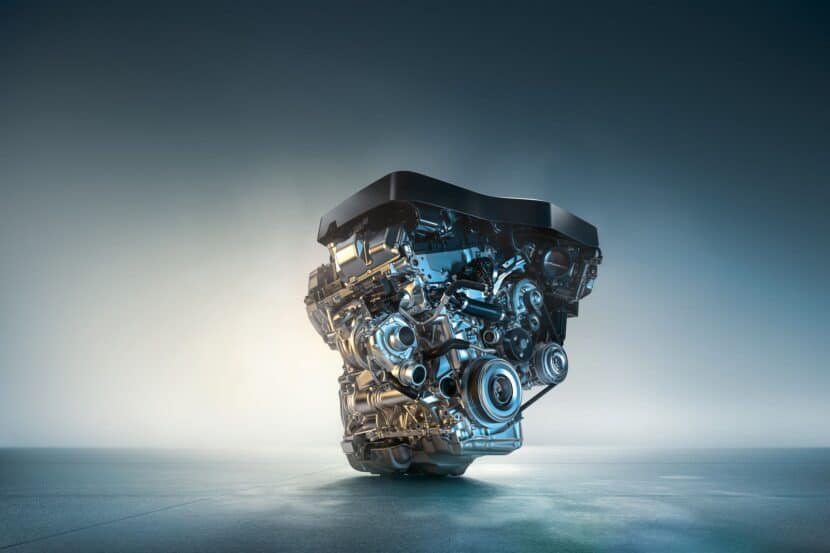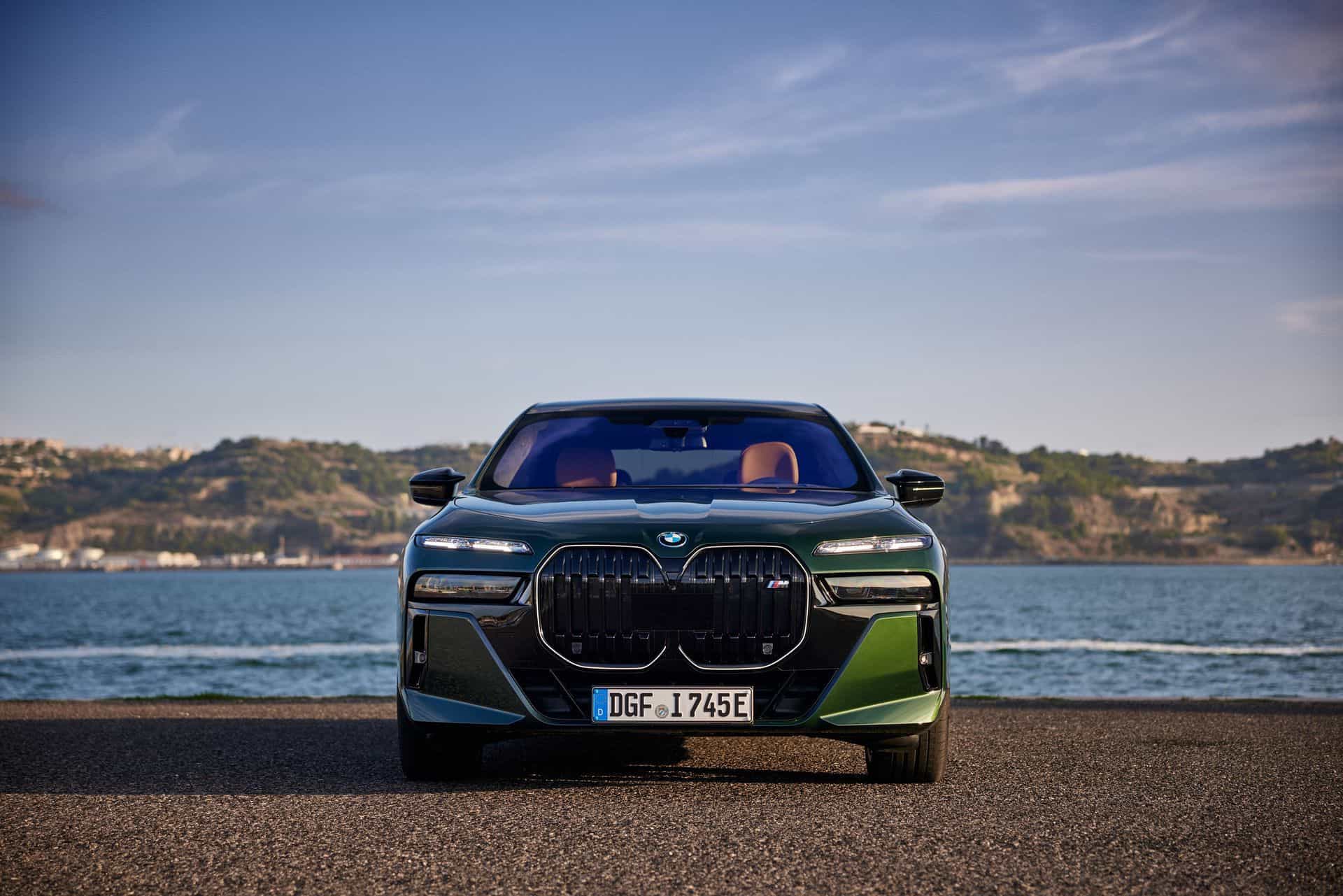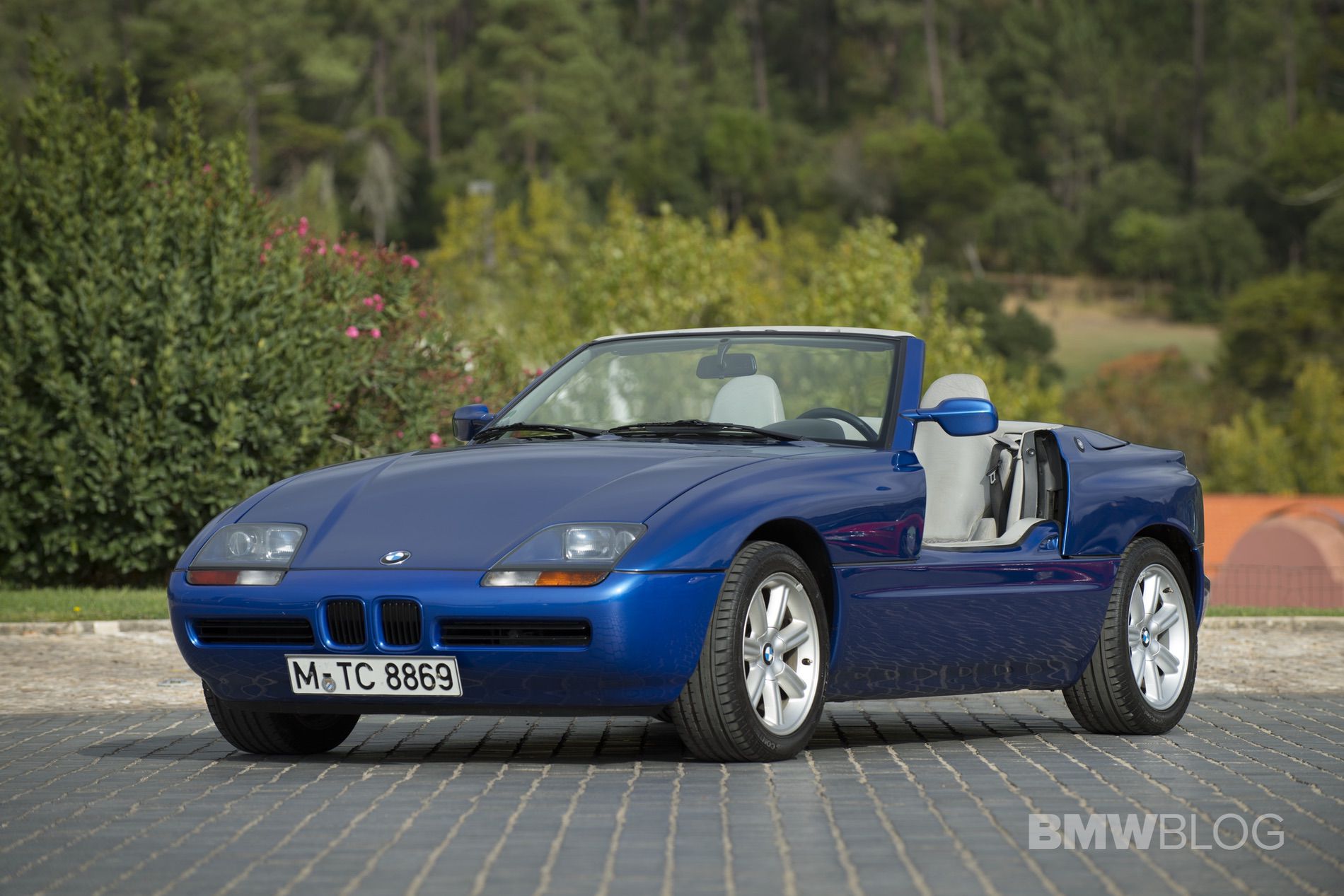In an era where electrification dominates BMW’s long-term roadmap, the company hasn’t entirely closed the book on internal combustion. During a recent conversation with Bernd Körber, head of BMW product management, we asked about the role of alternative fuels like HVO100 and synthetic fuels in extending the life of combustion engines. His response revealed both BMW’s preparedness and the regulatory uncertainties that will ultimately decide their future.
Körber: Regulation Will Be the Deciding Factor
“HVO100 is definitely something we’re still pursuing,” Körber confirmed when asked whether the fuel remains on BMW’s radar. “But for that, the key prerequisite is how it will be counted from a fleet consumption perspective. Because you need to go backwards and ask, will it be considered as part of your fuel consumption? That has a huge impact—not only for us as BMW, but also for fleets like Touring. Does it count in? Depending on that, it could become a very interesting area. The good thing is, we are prepared for that.”
In short, BMW can adapt its engines for HVO100, but without regulatory credit, the business case might need to be reworked. Automakers in Europe are judged on tailpipe emissions, not the upstream carbon savings of renewable fuels, leaving little incentive to push these solutions unless governments shift their stance.
Why HVO100 Matters
Hydrotreated Vegetable Oil (HVO100) is a renewable, paraffinic diesel alternative made from waste fats and vegetable oils. It can reduce lifecycle CO₂ emissions by up to 90% and already works as a drop-in solution for compatible BMW diesel engines in markets where it’s available. Several European countries—including Sweden and the Netherlands—have started building fueling infrastructure, creating an opportunity for near-term CO₂ reduction without requiring new vehicle designs.
BMW to Factory-Fill Diesel Cars With HVO100 From 2025
BMW has already taken a tangible step: beginning January 1, 2025, all new diesel cars manufactured in Germany will leave the factory fueled with HVO100 instead of fossil diesel. CEO Oliver Zipse confirmed the move in an interview with Bild, presenting it as part of BMW’s wider sustainability roadmap. This ensures that customers’ first experience with their new cars demonstrates compatibility with renewable fuels, while signaling BMW’s readiness to scale up if regulations support it.
The move applies across BMW’s modular B-family diesel engines — the B37 (3-cylinder), B47 (4-cylinder), and B57 (6-cylinder) — all of which meet the EN 15940 standard that certifies paraffinic fuels like HVO100. The list of compatible models is vast, stretching from the 1 Series 114d to the 8 Series 840d xDrive, and includes SUVs such as the X5, X6, and X7. According to BMW’s official FAQ, customers can refuel with either HVO100 or conventional diesel without making any mechanical modifications.
Synthetic Fuels Remain on the Horizon
BMW is also watching the development of e-fuels, produced from renewable electricity, captured CO₂, and hydrogen. While Porsche has invested heavily in this space, BMW is more cautious, viewing them as part of a potential multi-pathway approach. Here, too, the decisive factor is cost and regulatory recognition. Without credit toward CO₂ targets, synthetic fuels risk becoming a boutique solution rather than a mainstream lifeline for combustion engines.
Prepared but Waiting
Körber’s comments underline a key truth: BMW is technically ready for alternative fuels, but won’t move aggressively until the regulatory framework supports them. “Depending on how the circumstances develop, we would have built for that,” he added.
That means the fate of HVO100—and ICE longevity—may hinge less on engineering and more on politics. If recognized in fleet emissions targets, renewable fuels could buy time for combustion-powered BMWs in markets where EV adoption is slower. If not, electrification will arguably remain the only viable path forward.



